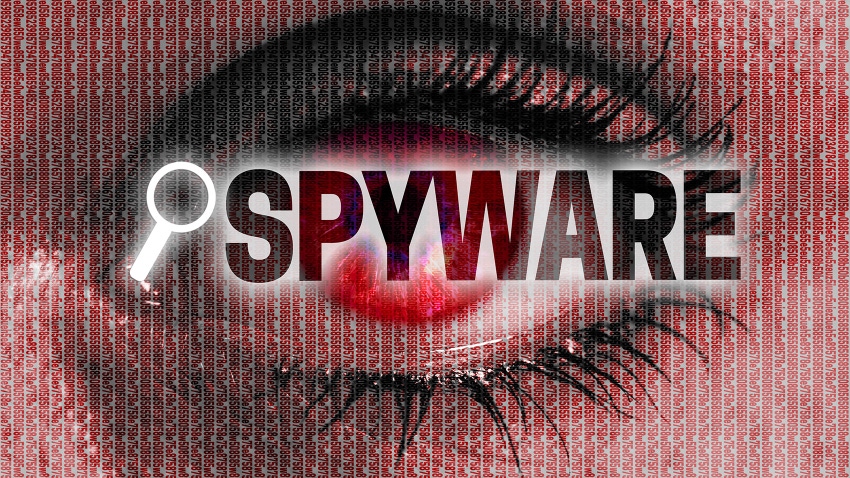US Sanctions Greek Spyware Company, Executives
Calling the action the “first of its kind,” the US said the spyware company’s software was used against government officials and other US interests.

The US Treasury Department this week unveiled a sanctions package against Greece-based Intellexa, alleging the spyware firm and its leadership targeted US government officials.
The Treasury Department named two people and five entities associated with the Intellexa Consortium, alleging their participation in “developing, operating and distributing commercial spyware technology” used against US officials, journalists, dissidents, and policy experts. The department’s sanctions will freeze US assets of the company and ban Americans from dealing with them. This is the first such action against a commercial spyware firm.
The department said Intellexa’s Predator software platform, which allows mobile phone and internet surveillance, was found on victims’ devices in the Middle East, Africa, Europe and the US.
“Once a device is infected by the Predator spyware, the spyware can be leveraged for a variety of information stealing and surveillance capabilities -- this includes the unauthorized extraction of data, geolocation tracking, and access to a variety of applications and personal information on the compromised device,” the Treasury Department said in a statement.
Several investigations, including one from Amnesty International’s Security Lab, found Predator had been used to target devices of leaders worldwide, including US officials Rep. Michael McCaul, R-Texas and Sen. John Hoeven, R-North Dakota.
Intellexa’s founder is Tal Dilian, a former intelligence officer and Israeli military general. Dilian founded the company in Israel but moved to Greece, where laws around commercial spyware are more relaxed. InformationWeek has reached out to Dilian and Intellexa and will update with any response. Other firms tied to Intellexa, including North Macedonia-based Cytrox AD, Hungary-based Cytrox Holdings and Ireland-based Thalestris Limited, were also sanctioned for their role in developing and distributing Predator spyware.
“The United States remains focused on establishing clear guardrails for the responsible development and use of these technologies while also ensuring the protection of human rights and civil liberties of individuals around the world,” Brian Nelson, undersecretary of the Treasury for Terrorism and Financial Intelligence, said in a statement.
A Rise in Commercial Spyware
Earlier this month, Google’s Threat Analysis Group (TAG), named Intellexa as one of the more than 40 spyware groups it tracks that have become part of an international spyware supply chain responsible for many “zero day” attacks. “Private sector firms have been involved in discovering and selling exploits for many years, but there is a rise in turnkey espionage solutions,” wrote Shane Huntley, senior director for Google’s TAG.
Chris Pierson, CEO of executive cybersecurity and privacy protection firm BlackCloak, says other companies should pay attention as the US and other countries get serious about cracking down on spyware.
“The current action taken by the US government is meant to send a warning shot over the bow, that companies who allow others or assist others in targeting representatives of our country will be targeted for sanctions and perhaps more,” he said in an email to InformationWeek.
As cyberattacks continue to proliferate, governments worldwide are taking a strong defensive posture. “There are a number of commercially created tools, both known and unknown, that exist and are used by adversarial nation states, organized criminal syndicates, oppressive regimes, and intelligence agencies around the world. The natural target for all these groups is cell phones because of the data contained within them, the cameras and microphones attached to them, and the fact that they are glued to our hands.”
Read more about:
RegulationAbout the Author(s)
You May Also Like







